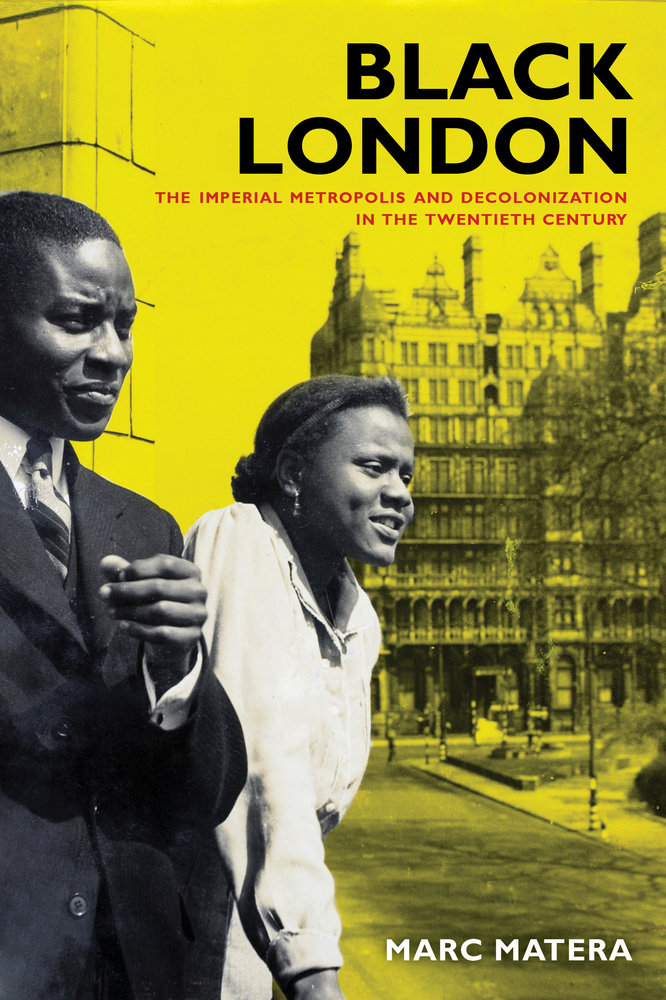Recovering the Afro-Metropolis Before Windrush
Christian John Høgsbjerg
University of Leeds
Anthurium: A Caribbean Studies Journal
Volume 13, Issue 1 (The Caribbean Radical Tradition)
May 2016
Marc Matera, Black London: The Imperial Metropolis and Decolonization in the Twentieth Century (Oakland, California: University of California Press, 2015), 410 pp.
In Black London, Marc Matera’s wide-ranging historical overview of the small but significant African and Afro-Caribbean presence in London from the 1920s to the 1940s, we have an important work which can take its place proudly alongside classic works such as Peter Fryer’s Staying Power and complementing more recent works such as John Belchem’s study of “black Liverpool,” Before the Windrush. Synthesizing scholarship both old and new in a sophisticated manner with an impressive level of archival research undertaken over a decade, Matera provides a powerful, indeed unanswerable, rebuttal to all those who would persist in seeing the arrival of the Empire Windrush in 1948 as the critical watershed marking the birth of “black British history”. The range of themes explored in Black London – political anticolonial agitation, social questions around interracial sex, imperial metropolitan cultural themes around British film-making and portrayals of Africa on the big screen, and the counter-cultures of resistance forged by black women and a host of musicians from across the African diaspora – mean that the work will appeal and be appreciated by not only historical specialists but also a wider public and popular audience…
…Matera registers in passing how the interracial relationships and marriages often resulting in such working class communities transgressed racial boundaries and upset imperialist sensibilities, noting for example that John Harris, who headed up the Committee for the Welfare of Africans in Europe, proposed to the Home Office in 1936 the gradual repatriation of black seafarers in Britain and suggested “steps might be found for raising the standard” of their mixed offspring “to that of the white races rather than leave them to drift down to that of the black” (210). Yet Matera’s work tells us little for example about the more general institutional racism suffered by this group of workers at the hands of the British state and the ship-owners (sometimes in collusion with the official National Union of Seamen), and perhaps more needed to be said about the “colour bar” that operated more widely across London (and Britain generally), for example in housing. Incidentally, it is noted that black actors such as Orlando Martins and Robert Adams survived by part-time work as wrestlers, but the role of black wrestlers as an aspect of wider inter-war multiracial working class culture might have been usefully developed (though I only am able to write this after recently hearing Gemma Romain give a fascinating paper on this very subject). Speaking of actors, though Matera does briefly discuss black theatre in Britain, I felt he could have pushed a little further in this direction, for example, building on the recent excellent work Black and Asian Theatre in Britain by Colin Chambers…
Read the entire review here.






